A recent article in the Sacramento Bee (The Bee) claims that this year’s mild wildfire season in California shouldn’t be attributed to climate change, and also that climate change has caused California wildfires to be more severe. The first point is partially true, a single season’s mild weather should not be attributed to climate change, but neither should extremes in the other direction. The second point is false, climate change has not in fact increased the severity of California’s wildfire seasons.
The article, “California has had another calm wildfire season so far. Here’s why, according to experts,” discusses the last two years of relatively calm wildfire seasons. Although this is good news for fire-prone California, The Bee warns readers “don’t attribute this year’s mildness to climate change just yet.”
The Bee explains:
The number of acres burned so far this year is less than one third of the five-year average, according to the California Department of Forestry and Fire Protection. Experts attribute the drop to this year’s historic winter storms and a record snowpack that soaked the state.
But those atmospheric river storms also created ample new vegetation growth that can act as fuel, state fire officials said. And with the help of gusty fall winds in the weeks ahead, wildfires could still ignite and grow through November or even into December.
It is true that excess vegetation growth can add fuel to fires if and when the brush dries out, this is part of what happened in Maui this year that led to their devastating killer wildfire. Invasive Guinea grass grew lushly during a mild and wet spring, then dried out in the summer weather and created an abundance of extremely flammable material.
It is interesting to note that while the winter weather and atmospheric river events were intense this year in California, it was not unusual or historically unprecedented, as discussed in Climate Realism posts here, here, and here. The Bee goes on to say that unless wildfires suddenly spike this fall and winter, the state “will be experiencing its second straight year of mild wildfire after having endured California’s worst wildfire seasons on record.”
It’s almost as if an average is made up of higher-than-average years and lower-than-average years.
The real kicker from The Bee is what follows, that scientists “are confident that warming temperatures have helped increase the severity and length of fire seasons,” but on the flip side, they are “reticent” to make similar claims when the fire seasons are mild.
But they are wrong in the first point regardless, wildfires are not getting more severe or lasting amid climate change. Worldwide, the number of wildfires and acreage lost to them has actually declined over time. Climate Realism has pointed to the data in numerous posts. NASA satellite data show that carbon dioxide emissions have no impact whatsoever on wildfire occurrence. (See figure below)
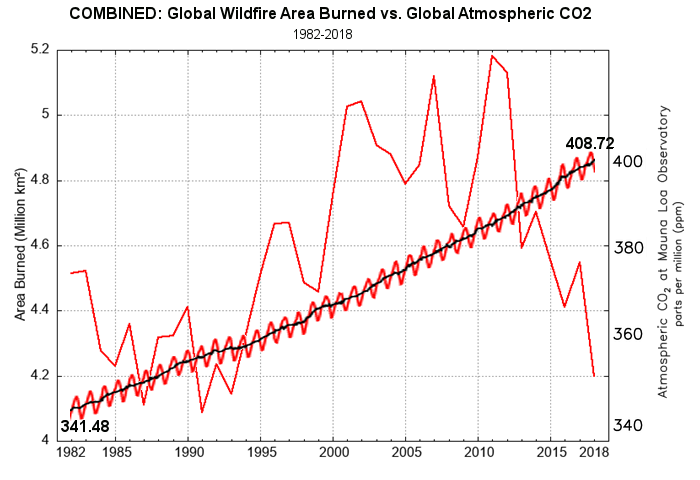
The best explanations then for regional upticks in fires are differences in forest management practices, arson, as well as improper maintenance of power lines in the case of California, or combinations of factors that can lead to massive infernos.
California is particularly prone to seasons of drought a deluge, and one of the people interviewed by The Bee, Hugh Safford, chief scientist of Vibrant Planet and faculty of the UC Davis Department of Environmental Science and Policy, admits as much when he says “California has the highest inter-annual variability and precipitation of any state[.]” Safford says it’s “normal to go from a record wet year to a record, or nearly record, dry year and that’s just the way it is.” This is completely true, and is in line with what Climate Realism has reported regarding California weather history, explained in detail in “Mega-droughts and Mega-floods in the West All Occurred Well Before ‘climate change’ Was Blamed for Every Weather Event,” by meteorologist Anthony Watts.
The Sacramento Bee and the scientists they interviewed are probably right to hesitate to attribute two years of mild fire seasons to climate change, however they should practice the same caution when conditions are inevitably reversed at some point. The Bee does conclude its post by saying the state is doing better about fire prevention. They also quote California Fire’s assistant chief, who tells the public to maintain their properties to prevent the spread of potential fires. This is actually useful advice, and instead of blaming fires on human carbon dioxide emissions, they should pressure local governments to likewise take more initiative on clearing brush, logging dead trees, and other preventative measures.






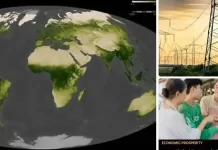
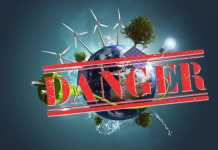
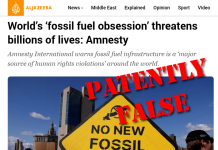





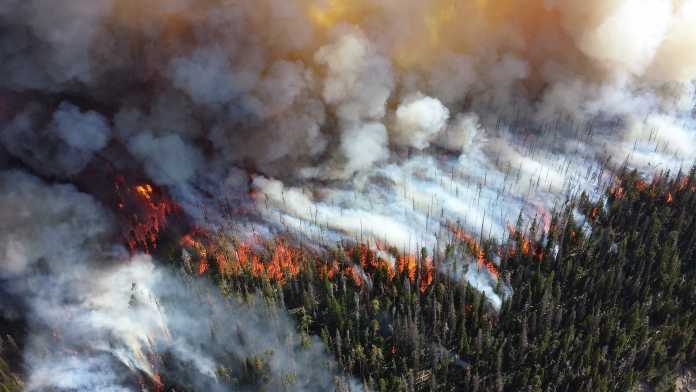







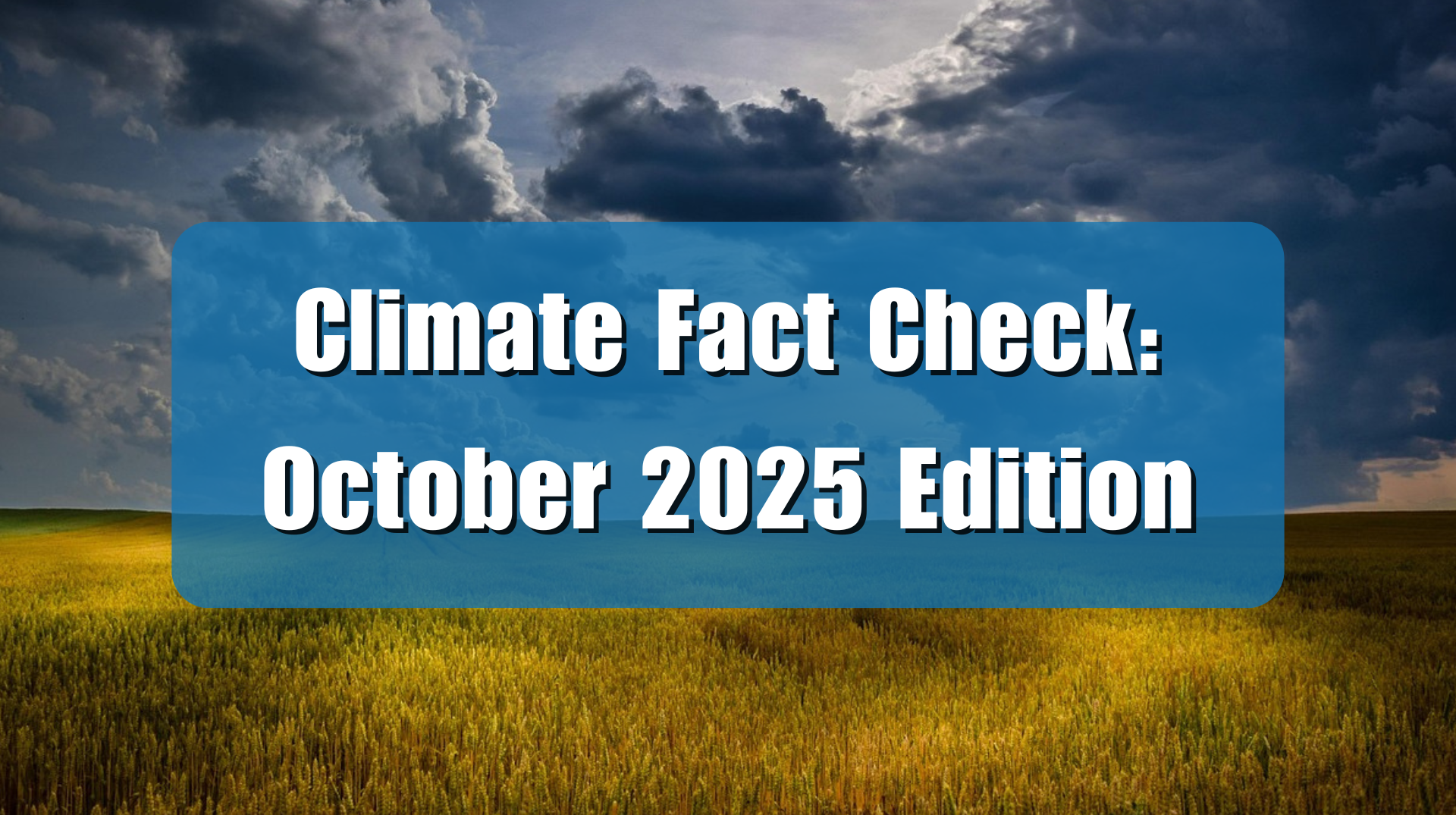

It’s all about forest management and control burns of grasses during low fire risk periods! The utility lines also are to blame for several fires in remote wooded areas and homeless encampment fires in wooded and grassy areas also contributed! This is just the latest from the woke movement of making everything seem worse even climate change. They have this warped idea that climate change is bad as is everything else related to fossilized energy sources! Stop listening to these crazed alarmists who actually believe all this nonsense without knowing whether it’s real or not!